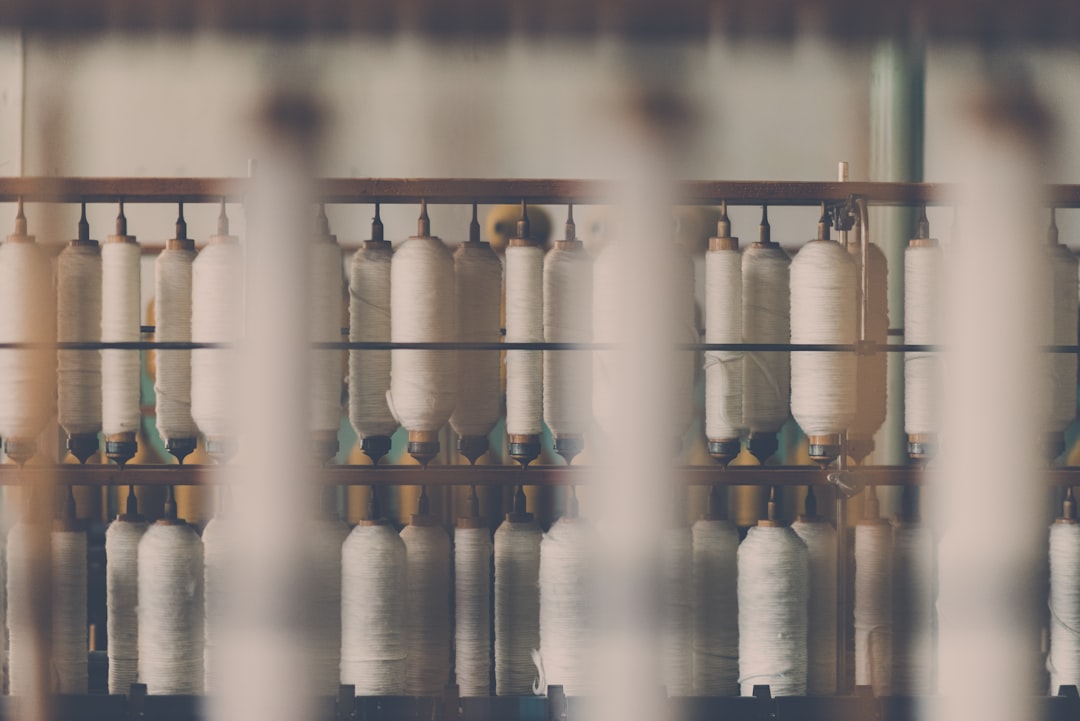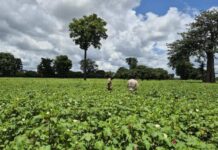In a strategic move to bolster its textile sector, Turkey has recently declared textiles and ready-to-wear as priority sectors in its new grant support program. This initiative, led by Trade Minister Ömer Bolat, is a response to the sector’s challenges and aims to enhance its growth potential. A daily limit increase on the export rediscount credits to 3 billion liras exemplifies the government’s commitment. By prioritizing textiles, Turkey seeks to reinforce its status as a global textile production and export leader, while concurrently providing grant support to aid adaptation to the green economy.
Importance of the Textile Sector in Turkey’s Grant Support Program

The textile sector holds a pivotal position in Turkey’s economic landscape, and the nation’s latest grant support program is a testament to its significance. Turkish Trade Minister Ömer Bolat has underscored the importance of textiles and ready-to-wear as priority sectors within this program. The decision to prioritize these sectors is not surprising given their substantial contribution to the economy. The textile and apparel industry together account for 13% of Turkey’s exports, with a combined volume of $80 billion, showcasing its critical role in the country’s international trade.
Increase in Export Rediscount Credit Limits
One of the strategic moves to bolster the textile industry is the increase in export rediscount credit limits. Minister Bolat revealed that the daily limit of this credit has been significantly increased to 3 billion liras. This step is aimed at offering exporters in the textile and ready-to-wear sectors more financial latitude to manage their operations amidst fluctuating global markets. Additionally, efforts are underway to reduce the cost of these credits by 25.93 percent, further easing the financial burden on these businesses.
Employment-Intensive Sectors as Priorities
In a concerted effort to revive sectors that are intensive in employment, textiles have been earmarked as a priority. The intention is not only to fortify the businesses within this sector but also to safeguard and potentially increase employment opportunities for millions. Textiles, along with other labor-intensive sectors such as clothing, leather, footwear, and furniture, are being targeted for such financial support. This strategy highlights the broader aim of the government to balance industrial growth with socio-economic stability.
Role of the Green Economy Adaptation Program
Sustainability is increasingly becoming a cornerstone of economic strategies globally, and Turkey is no exception. The nation’s focus on the green economy adaptation program is crucial for the textile industry’s evolution. A grant support program worth 10 million liras has been launched to assist firms within the textile sector that embrace environmentally friendly practices. Companies that align themselves with green economy initiatives stand to benefit from advantageous credit options provided through Eximbank, as well as loans from the Ministry of Industry and Technology TUBITAK. This not only reflects Turkey’s commitment to sustainability but also serves as a competitive advantage in a global market that is leaning heavily towards green practices.
Current Challenges and Opportunities in the Textile Industry

The textile industry, even with its strong foothold, faces a myriad of challenges in the current economic climate. However, these challenges also present opportunities for growth and adaptation.
Global Market Contraction and Its Impact
The global textile market has experienced contraction, largely attributed to macroeconomic factors such as economic recessions and high inflation rates. Minister Bolat pointed out a noticeable decrease in the ready-to-wear sector by 2-2.5 billion dollars compared to the previous year. This indicates the impact of market saturation and diminished demand, particularly in western markets. Such demand fluctuations compel Turkish textile companies to reassess and readjust their market strategies to maintain their position in a shrinking global arena.
Adaptation to Environmental and Economic Changes
In response to these challenges, adaptation becomes a key strategy. The industry’s ability to pivot towards sustainable and green practices is vital. The adaptation to the green economy can serve as a dual strategy – enhancing the environmental stewardship of companies while positioning them favorably in the eyes of conscientious consumers. Embracing these changes not only mitigates risks but also unlocks a new segment of eco-minded consumers who prioritize sustainability.
Strategies for Maintaining Competitive Advantage
To maintain a competitive edge, Turkish textile companies must not only capitalize on government support but also invest in innovation and branding. By producing high-quality products with strong brand identities, they can capture more market share. Trade associations and industry leaders underscore the importance of crafting compelling narratives around Turkish textiles, thereby fostering a strong brand image on the global stage. Furthermore, the integration of technology and the continuous training of skilled textile engineers are paramount. This approach ensures both the advancement of production capabilities and the enhancement of product offerings.
In conclusion, Turkey’s prioritization of the textile sector within its grant support program illustrates a broader strategy to fortify one of its key economic drivers. By increasing credit limits, focusing on employment, and embracing sustainable practices, Turkey is not only addressing immediate economic challenges but also paving the way for more resilient and competitive industries. The textile sector, thus, stands at a crossroads, where strategic government support aligns with adaptive industry practices to navigate both present challenges and future opportunities effectively.
Conclusion
In conclusion, Turkey’s strategic focus on the textile sector through its Grant Support Program underscores its pivotal role in the nation’s economic architecture. As Minister Ömer Bolat has articulated, the textile industry remains a cornerstone sector due to its robust export capacity and employment-intensive nature. With the recent increase in rediscount credit limits to 3 billion liras and the establishment of initiatives such as the 10 million lira grant for green economy adaptation, Turkey is clearly positioning itself to tap into substantial global market opportunities. The government’s ongoing support aims not only to mitigate current market challenges but also to foster innovation, sustainability, and competitiveness in the global arena. As Turkey continues to bolster its textile sector, it is well-poised to achieve new heights in production, export, and sustainable practices.






























